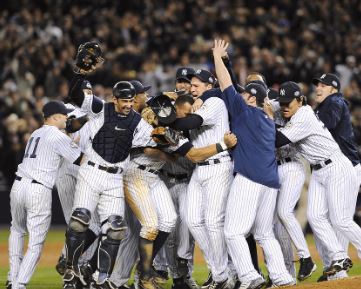The Boston Bruins have made a bold move as the 2025 NHL trade deadline approaches. In an effort to address the struggles they’ve faced this season, the team has decided to shake things up. After sitting just outside of a wildcard spot in the Eastern Conference, it became clear that changes were necessary. With their performance faltering and no clear path forward in the standings, the Bruins made the difficult decision to start fresh and retool for the future.
This season, Boston has not been the powerhouse that many expected, especially after their dominant 135-point season just two years ago. With a disappointing 27-24-6 record, the team is at a crossroads. Though a few bright spots remain, the Bruins have struggled with consistency and the pressure to compete in a tough Eastern Conference. The decision to trade key players, once cornerstones of the franchise, signals a shift in the team’s approach to rebuilding for the future.
The first major move came with the departure of Brad Marchand, the last remaining player from the 2011 Stanley Cup-winning squad. Marchand’s leadership and long tenure with the team made this a difficult call, but with the Bruins falling out of playoff contention, it was a necessary one. The 36-year-old was in the final year of his contract, and moving him opened up the opportunity for younger players to step in. Marchand’s trade marks the end of an era and the beginning of a new chapter for the Bruins.

Next, the Bruins moved Trent Frederic, whose performance this season fell short of expectations. After a career year last season, Frederic has been unable to replicate his success, producing just 22 points. With an expiring contract and a cap-friendly deal, Frederic became a valuable trade piece. The team found a suitable trade partner, sending him off for future assets. With Frederic gone, the Bruins now have the flexibility to focus on developing their younger talent.
Lastly, Justin Brazeau, a promising rookie, was dealt as well. While his size and skill set had shown potential, the Bruins saw an opportunity to capitalize on his rising trade value. With an expiring contract and a league-minimum cap hit, Brazeau was an attractive asset for teams looking to add depth. In return, Boston acquired valuable draft picks, helping to address the lack of second, fourth, and sixth-round selections in the upcoming drafts. With these trades, the Bruins have set themselves up for the future while taking care of their immediate struggles.



